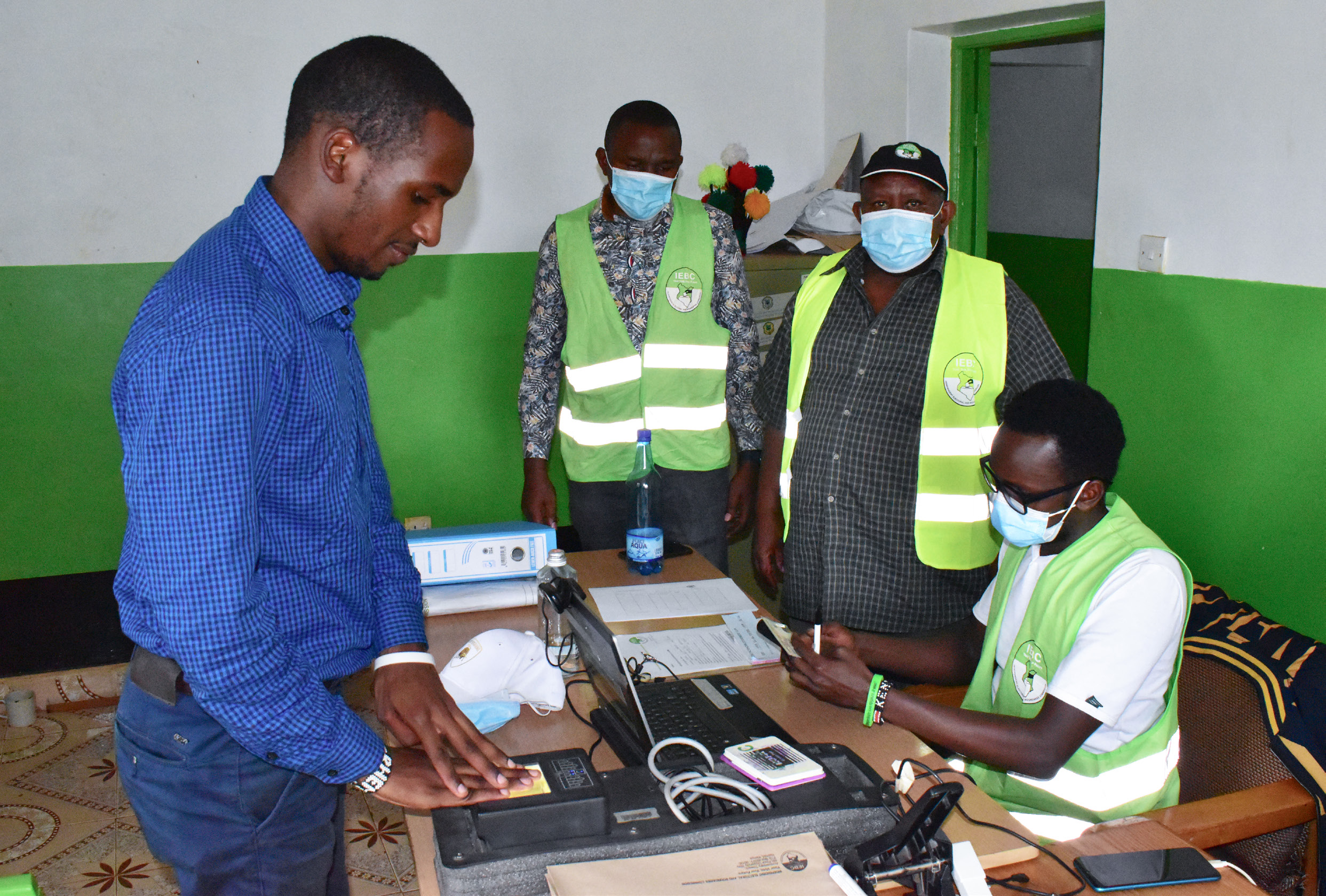Cultivate Competence For success
How competent are you at your job? Fully competent ? You are wrong. Competence is a lifelong goal that is never really satisfied since knowledge in different fields keeps growing
How competent are you at your job? Fully competent ? You are wrong. Competence is a lifelong goal that is never really satisfied since knowledge in different fields keeps growing and changing. There is always more to be learnt and it is up to you to ensure you cultivate the quality of competence required in your field.
Competence is the ability to do something efficiently and successfully. It also denotes the scope of one’s knowledge and ability. Competence shows a sufficiency of knowledge and skills that allows one to act in a wide variety of situations. Competence is very important for career growth since it helps ascertain one’s credibility and future potential in the workplace.
Competence is what makes you likely to advance in your career in addition to giving you personal satisfaction. Evaluations that indicate competence will be among the first criteria to be examined by potential employers or when you are being considered for a promotion or work re-assignment. Competence is not only required for specific skills that enable you do your job efficiently and accurately, but also in other areas that make you a full rounded person. These include being a team player, work ethics, general knowledge, leadership skills, as well as being dependable, punctual and responsible.
So, what does it take for one to be competent? Being competent means that you are aware of what to do and how to get it done, and also where your strengths and weaknesses lie. The opposite – incompetence – makes you perform poorly at work, fear making decisions, are disorganised and lack confidence. All these put together may make you miss many opportunities. Incompetence may also lead to avoidable and, at times, costly mistakes. Most people struggle with moments of incompetence at one time or the other but the goal should always be to regain competence and build on it.
While no one has the ability to know how to do everything all the time, incompetence sets in when you become comfortable with only what you know and never seeking out knowledge or opportunities to improve on already existing skills or learning new ones. You cannot afford to remain narrow if you want to be competent. In addition to the professional competence you require for a certain job, other types of skills and knowledge are also important in order to make you a well-rounded person.
How do you cultivate the quality of competence required for your overall performance? Here are a few steps you can take.
Self-evaluation
Apart from performance evaluations and appraisals, self-evaluation is a useful way to assess and renew your competence throughout your career. Get into the habit of doing a self-evaluation, two or three times a year to assess your competence level. If self-evaluation forms are not available at your workplace, you can find out how to do a personal self-evaluation online. Self-evaluation enables you to take stock of your accomplishments and find out what needs improving.
Expand your knowledge and skills
Always be on the lookout for ways in which you can learn more about your field. Continuing education and training are practical ways of doing this. Whether it’s a master’s degree, a diploma or a short course, find a way to increase your knowledge. Also, keep an eye on what is happening in your industry to prepare in advance for any changes.
Even as you do this, be careful not to build your career on too narrow competence. Find out if there are other skills you may need to advance yourself, apart from learning more about your field, for instance, writing skills, computer skills, communication skills or even learning a different language since these are universal skills.
Consult others
When in doubt about how something should be done or if looking to learn an important skill that a colleague can help you with, consult. Ensure that you ask good questions that will help you learn and that reflect real understanding of the work and its purposes. Don’t try to fake knowledge. Learn to admit mistakes and talk about what you learned from them. Demonstrate willingness, even an eagerness, to learn.
Go the extra mile
Refrain from only doing the bare minimum required for your work. Learn to go above and beyond what is expected of you in your job. This is one sure way to succeed in life, but few people actually do it. When you put this practice firmly into your day-to-day life you will have an advantage over the rest of the crowd.
Published on July 2013




